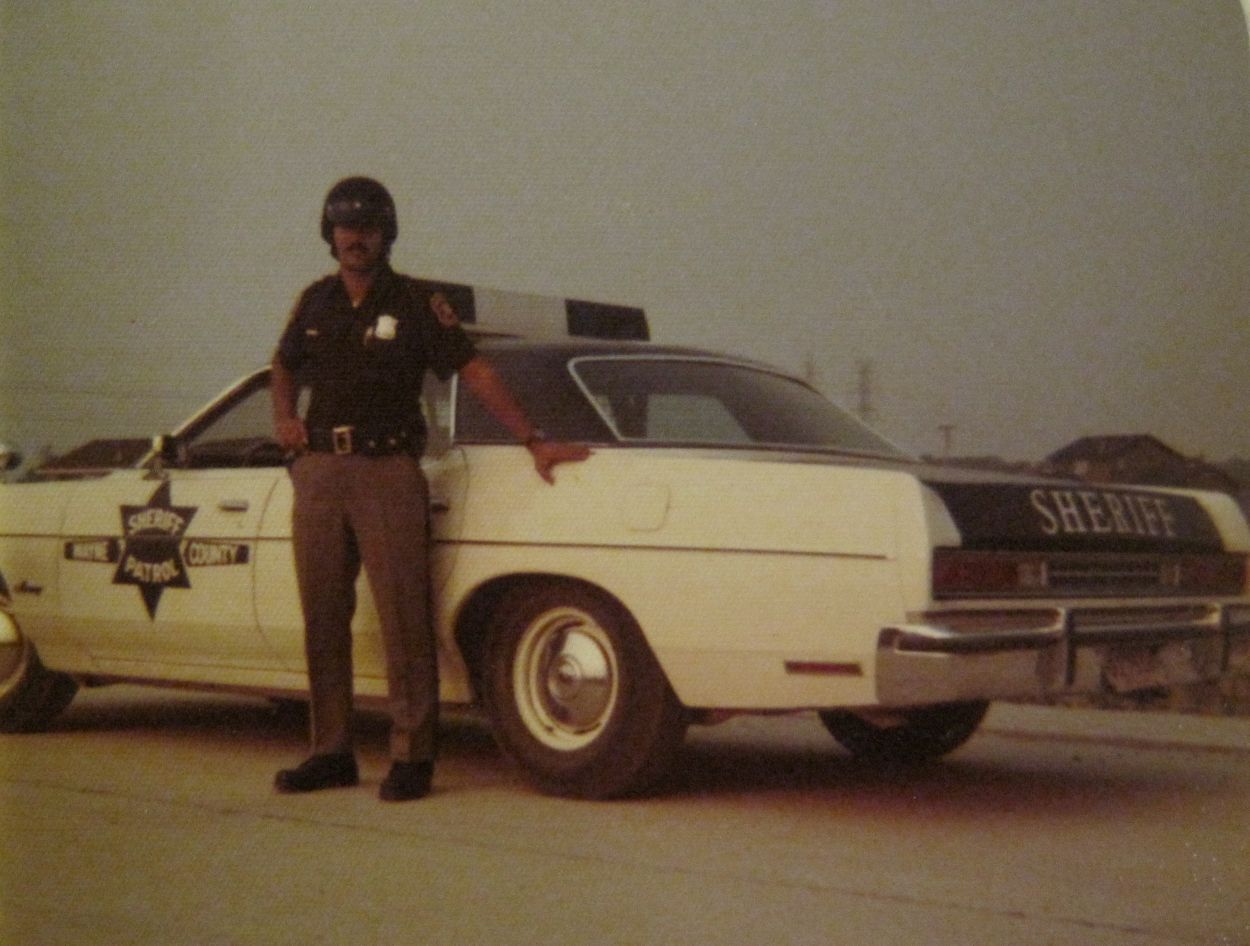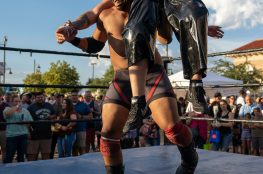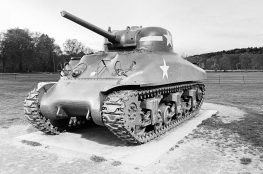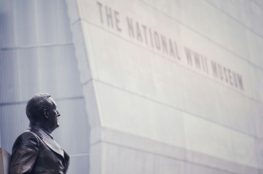Deputy Robert Ankony - Northville Township -1973
February 26, 2024
While on my walk with Teddi, I met a Romanian expatriate who fled the the dictator Ceausescu in the early 1980's. I've seen him a couple times, sporting a European fisherman's cap and shouldering an SLR camera that he uses to take landscape shots on a sunny day. We always greet each other, but we have not talked until this morning. He asked if I minded if he took some photos of Teddi. "Of course not," I replied. "My wife has more photos of this dog, then of me or the kids." He took a bunch of photos while we talked about the brutal Romanian dictator and his horrific wife, Elena. Both were tried and executed long after he emigrated to America.
Victor is a smart man, a retired electrical engineer, a US citizen with an apocalyptic view of society, specifically the American polity. I tried my best to disabuse him of his negative and pessimistic view about our shared future. As I firmly believe, and I insist to anyone willing to listen, the center will hold, and we will emerge from this uncertainty as we have from all our other periods of unrest in this country. There will be damage. Maybe great damage. But, when the dust settles: the center holds.
In fact, we have had much to contend with in this country over the course of our history. During my lifetime the troubles of the 1960's and early 1970's were far worse and more threatening to the status quo than today’s drama with the MAGA movement. Between 1971 and 1972 there were 2,500 bombings, five each day, in this country. Hard to believe. Yet true. Most exploded at night in Post Offices and other symbolic buildings that were seen as part of the government’s support for the Vietnam war. Few were killed, but there was plenty of collateral and psycho-political damage.
In 1970, hundreds of suburban kids in Royal Oak, Michigan rioted for three days with police when they closed Memorial Park, a counter-cultural gathering place in the burbs since the year before, on the heels of the 1968 Chicago police riots during the Democratic convention. The troubles moved steadily to the wealthy suburb of Birmingham. Then to Hines Park. When I was a senior in high school in 1973, mostly white students had been gathering in Hines Park during the warm months for a couple of years. They would come by their hundreds in cars from out of the surrounding suburbs to party, blaring radios, playing guitars, singing and getting high and dealing drugs on Fridays and Saturdays.
The twenty-mile-long park courses through several communities bordering Detroit. It often became violent when the police would begin corralling the crowds, using squad cars and swooping down on us riding horseback. I vividly remember an officer grab a young woman by the hair and drag her across the gravel parking lot while his partner beat her boyfriend silly on the ground with his night stick. The kids threw beer bottles at them, and they attacked isolated officers, while trying to rescue kids who had been grabbed by the police. In one case I saw the crowd overturn a police squad car, rocking it back and forth until finally flipping it over.
On any given Friday or Saturday, the cops would randomly pick kids from the crowd and beat them, then slap handcuffs on then and hustle them into their squad cars. The cops on horseback were particularly frightening. The horses would use their heads to push on the crowd, knocking kids down, and the riders would lean out of the saddle and swing at, and connect with the skulls of long-haired boys and girls. Until then, I did not understand how effective a man can be exerting control over a crowd of humans from horseback. I just thought the police rode on horseback in parades for show, like a relic from the past. I never forgot it.
Here's a view from a police officer who battled with us. His account is typical of the confrontations that occurred over that three-year period. I partied on Cass Hill frequently. I might have been there that night.
I do not agree with his assessment, completely, but he mostly has it right about the cause and the effect. Because of the Vietnam war, a whole generation lost its respect for our government. As Officer Antony says, ". . . our peers hated us because we were cops, just as they despised us when we were soldiers."
We believed they hated us right back. These confrontations happened many times over the course of those three summers. There was an anarchy that prevailed everywhere, at least in Detroit, our tiny slice of the nation. This was three short years from watching Detroit go up in flames. We sat glued to our television sets while watching 5,000 paratroopers from the 81st and 101st Airborne Divisions put down the riot. Scores were killed and injured. We did not know it then, but the Detroit riot was the most violent public disorder since the civil war draft riots.
My mom worked at Wayne County Hospital, and she always claimed that the death toll was much higher than the official toll of forty-three. At the end of our street, at Cherry Hill Road and Wildwood Street in Westland, Michigan, local men, some Vietnam Veterans, armed with baseball bats and shotguns manned barricades made from pick-up trucks. Woe to any black man who tried to get to his home in neighboring Inkster, Michigan by way of Cherry Hill Road. Our parents finally put my sister and me on a plane to our uncle's home in New York City. Harlem went up the day after we arrived. That was the ‘hot’ summer of 1967.
I did not share any of this with Victor. Instead, I shared my optimism for the future. Human beings do not like disequilibrium. Sooner or later the fever breaks. Yes, a lot of damage can occur before the center exerts itself. But exert itself, it shall. It always does. Then we will rebuild our connections. Down the road, once again, entropy will degrade the system and we will go through the same shit all over again - in a new generation, like this generation, untethered from the mistakes of the past.



